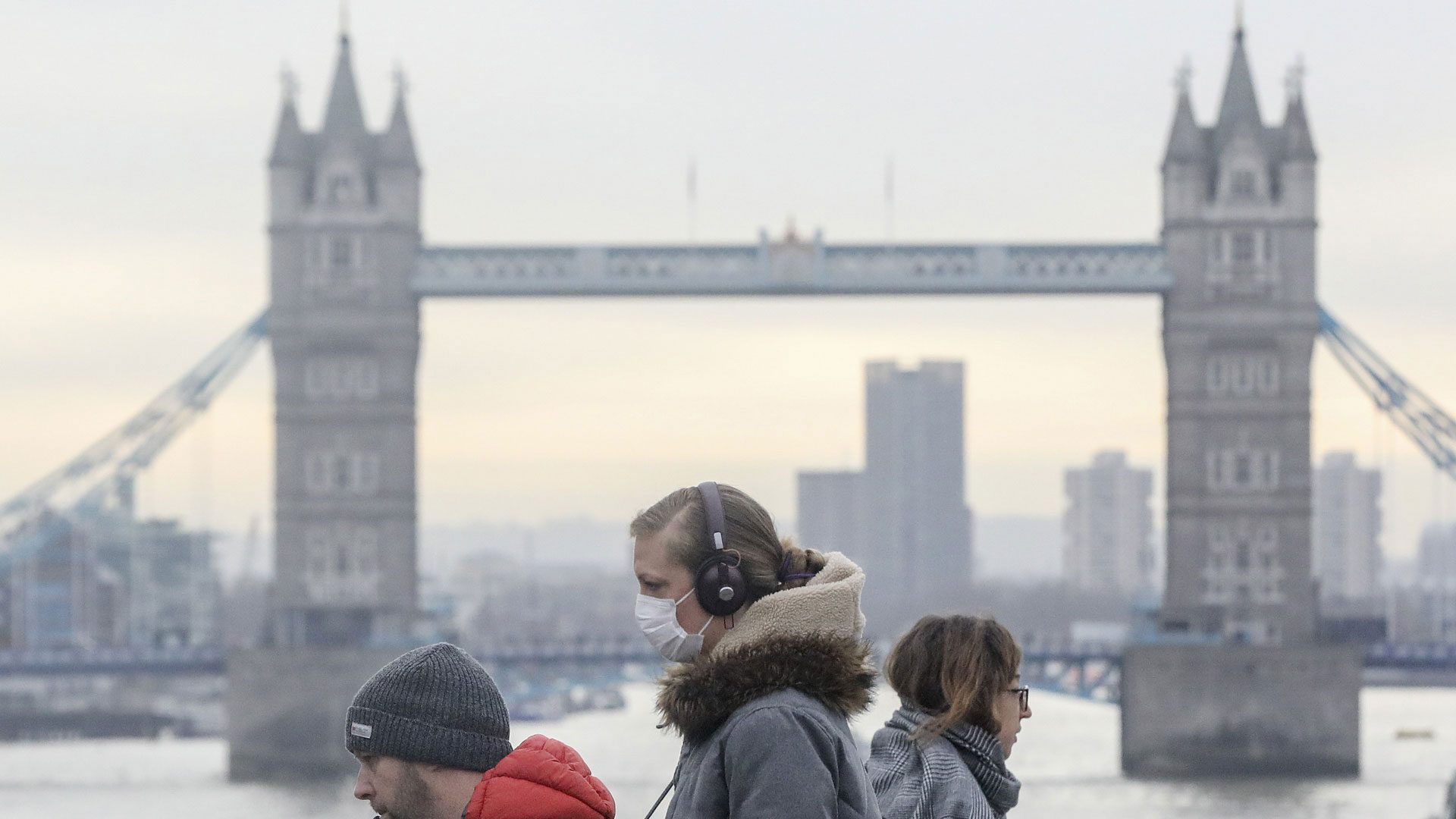Once upon a time, just after the coronavirus curfew ended, virtually everyone had been changed by the spirit of social support it created. People in their neighbourhoods were now friends; delivery drivers, now cheered, joined postal workers as symbols of social goodness and kindness. And everyone valued every last health worker, from the people who clean and porter, to the people who operate, tend and care, and support all our health needs.
Care homes became rallying points in the community. Old people were seen as an asset and not a liability. As if by magic people put community above their own selfish needs. And everyone realised that only in community do you have true humanity.
Of course the government also registered this change. They could not simply rule on the basis of ‘divide and rule’, with political parties squabbling over the idea that if they were in office they could do it better than the incumbents. Everything had to change, because it was realised that without us all being seen as a whole and not as simply a load of individuals, we would be brown bread (dead).
The government knew it would have to reinvent itself. It could not simply rely on the old divisions between departments, trying desperately hard not to work together and putting their own department ahead of all others.
Clever minds were recruited to see what could be done to stop the NHS being always the firstport of call by people caught in lifelong poverty. The prevention of illness, so that if another pandemic came along it could be taken in their stride, became paramount. Education was given a complete overhaul, teachers were supported to develop education and not simply targets that equalled bureaucracy.
The government woke up at last to the disastrous uses to which it put social security, a misnomer if there ever was one: for we all knew that being on social security was about the most insecure thing that could happen to you.









